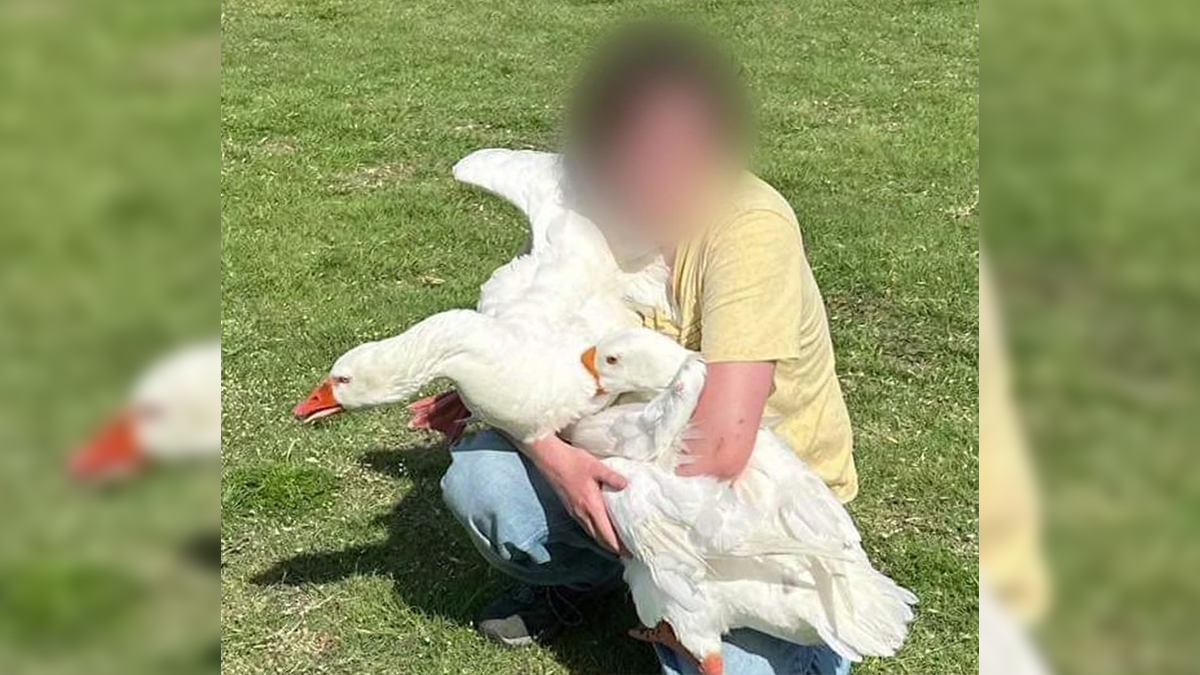A military judge refused Wednesday to step down in the case of an Army psychiatrist charged in the Fort Hood shooting rampage, saying it had no effect on him.
Maj. Nidal Hasan's attorneys argued that the judge, Col. Gregory Gross, should recuse himself. They claimed there was an appearance of bias since he was on the Texas Army post the day of the 2009 shootings that left 13 dead and more than two dozen wounded.
Gross has said he was presiding over a trial on Nov. 5, 2009, when someone handed him a note instructing him to take a recess immediately. He said he then called his wife, who was shopping on the post with some other relatives, but they were fine and left before Fort Hood was locked down.
Gross said he hasn't read news articles about Hasan's background, hasn't heard statements made at different Fort Hood ceremonies by President Barack Obama and then-Army Chief of Staff Gen. George Casey, and has never seen Fort Hood's memorial to the victims.
"I'm in my own little world over here," Gross said during the pretrial hearing, adding that he rarely left the courthouse.
Hasan, 41, faces a death sentence or life in prison without parole if convicted in the worst mass shooting on a U.S. military installation. He's charged with 13 counts of premeditated murder and 32 counts of attempted premeditated murder.
Hasan, who was arraigned in July, has not yet entered a plea. His trial at Fort Hood is to start in March and is expected to last at least two months. Military jurors will be brought in from Fort Sill, Okla., according to documents filed in the case.
Hasan's attorneys also urged the judge to remove the death penalty as a punishment option, citing constitutional issues. Gross did not rule on those motions.
Gross did not decide if the government will pay for two defense experts requested in motions at an October hearing. Defense attorneys have said Hasan needs a jury consultant and another expert to determine how potential jurors might be influenced by the extensive pretrial publicity. Prosecutors have urged the judge to deny both motions, saying the experts are unnecessary.
Local
The latest news from around North Texas.
U.S. officials have said they believe Hasan's attack was inspired by the radical U.S.-born cleric Anwar al-Awlaki and that the two men exchanged as many as 20 emails. Al-Awlaki was killed in a U.S. drone strike in Yemen in late September. Army prosecutors have never mentioned the cleric's name in any hearings in the criminal case against Hasan.
In early November before the second anniversary of the Fort Hood shootings, more than 80 people -- relatives of some of those killed and injured, as well as 10 who were wounded that day -- filed administrative claims seeking $750 million in compensation from the Army. They allege willful negligence and say the government had clear warnings that Hasan, an American-born Muslim, posed a grave danger to the lives of soldiers and civilians.
Hasan was paralyzed from the waist down after being shot by police that day. He remains jailed.



